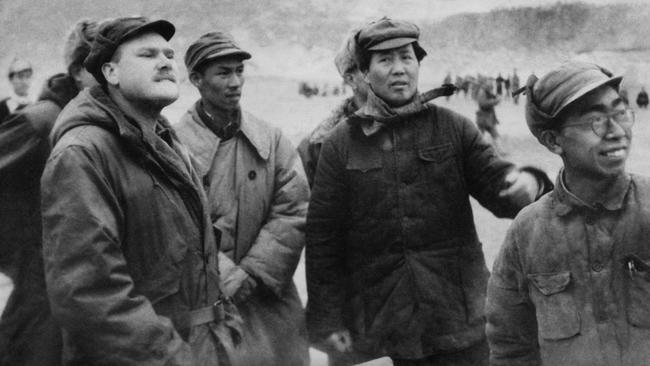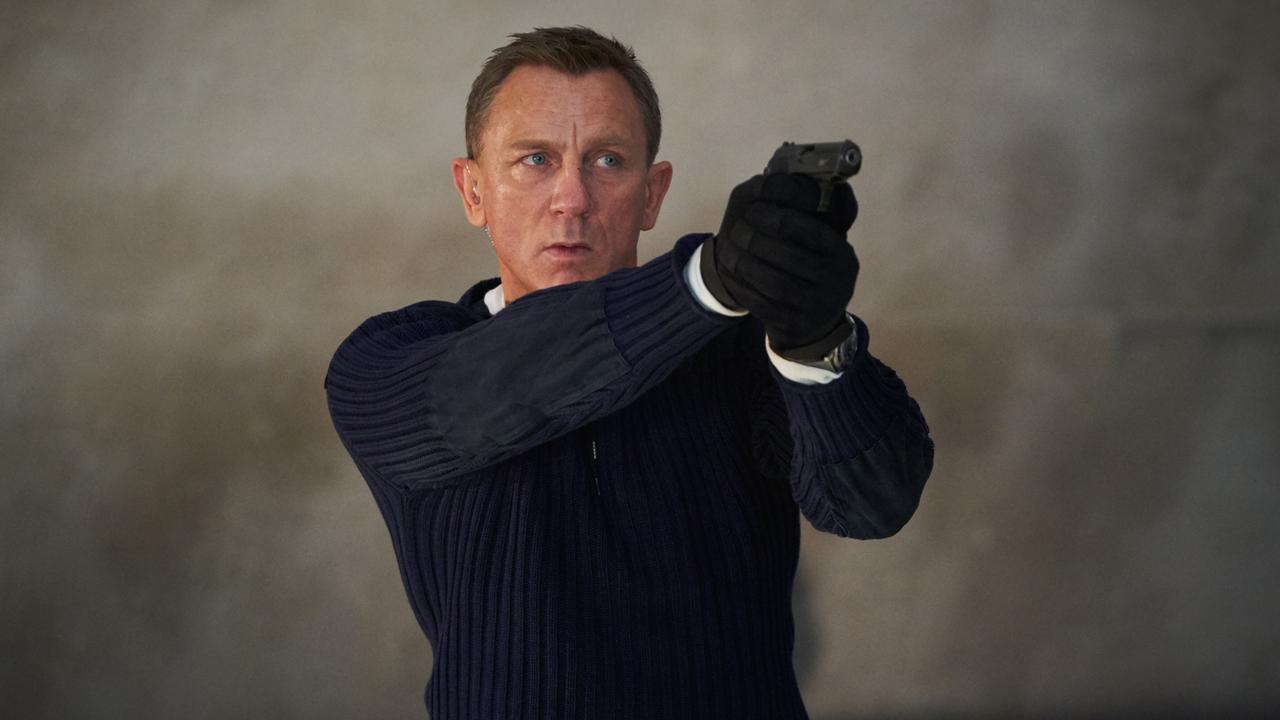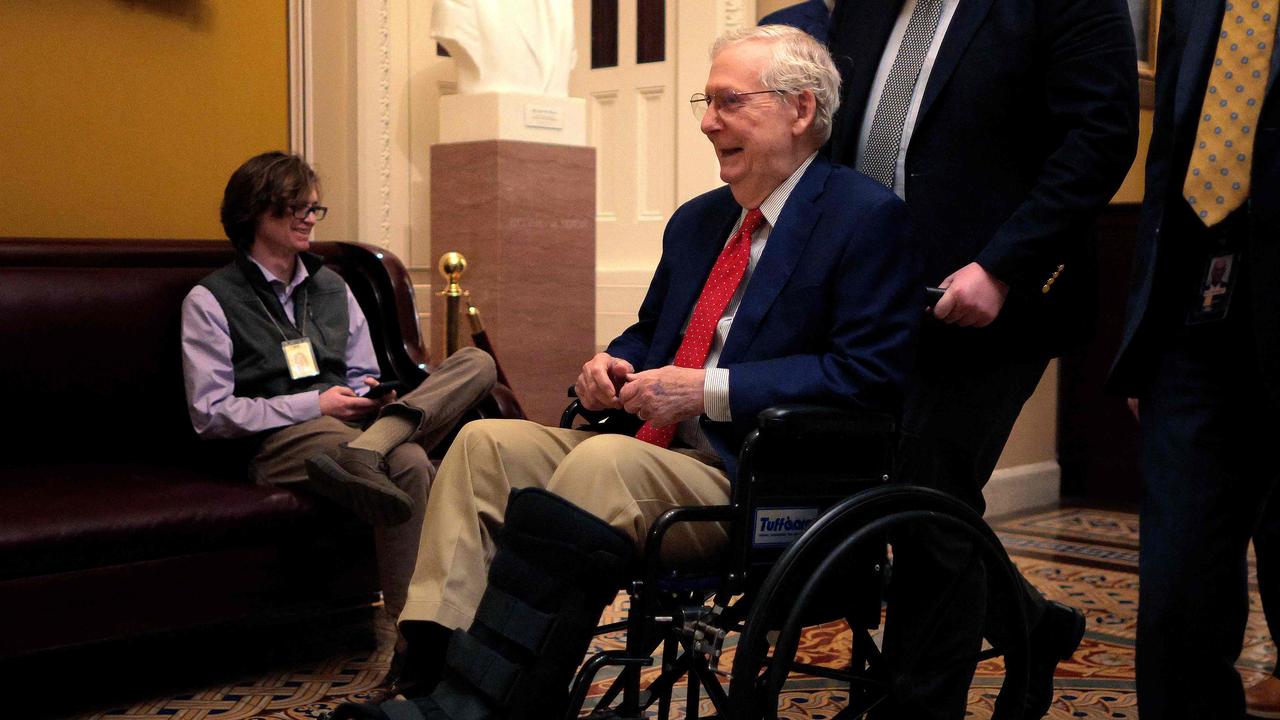Xi signals more military purges in call for corruption crackdown
The campaign follows a purge of more than a dozen senior generals and defence industry executives.

Chinese leader Xi Jinping ordered a redoubled campaign to eradicate graft and enforce loyalty in the military, suggesting no end to a purge in the country’s defence establishment that has raised questions about Beijing’s ability to wage war.
This week, addressing top military officials at one of the Communist Party’s most hallowed revolutionary bases, which were used in its struggle to take power, Mr Xi used the first military political-work conference in a decade to warn against the dangers of corruption and ideological slippage in the People’s Liberation Army, cautioning that decaying discipline could torpedo efforts to field a fighting force capable of taking on Western militaries.
“The gun barrel must always be grasped by people who are loyal and reliable to the party,” and combat effectiveness can only be forged through strict discipline, Mr Xi said at the conference on political indoctrination in the PLA, according to the official Xinhua News Agency. “There must be no place in the military for corrupt elements to hide.”
Mr Xi identified what he called deep-seated problems in the military that have manifested in areas such as ideology, discipline, ethics and moral character – and ordered officials at all levels to tackle these issues at their roots.
The PLA must “eradicate the soil and conditions where corruption breeds” by strengthening ideological indoctrination and expanding its toolbox for tackling new and hidden forms of corruption, he said in opening the three-day conference, which ended on Wednesday.

He called on the military to deliver “outstanding results” by the PLA’s centenary in 2027.
Over the past year, authorities have removed more than a dozen generals in the PLA, one of the world’s largest armed forces, and defence industry executives, many of them over alleged wrongdoing widely seen as graft-related.
“The PLA has been beset by corruption scandals and purges at the very highest levels in the last few years,” said M. Taylor Fravel, director of the Security Studies Program at MIT. “Whatever the reasons behind these purges, this situation calls for reaffirming the party’s ‘control of the gun’ and the PLA’s absolute loyalty to the party.”
Professor Fravel said Mr Xi might have been motivated by Russian President Vladimir Putin’s lacklustre gains in Ukraine, which have been blamed in part on widespread corruption. “As we know from Russia’s invasion, a corrupt force is likely to severely underperform on the battlefield,” he said.
The conference took place in the northern city of Yan’an, a revolutionary base from the 1930s to 1940s that the Communist Party celebrates as sacred ground.
Mao Zedong spent more than a decade there rebuilding a battered Red Army and preparing for the campaign to seize power – culminating in the founding of the People’s Republic in 1949.

The party last convened a military political-work conference in late 2014 when Mr Xi visited the southeastern town of Gutian to honour a military conclave that Mao held 85 years earlier to discuss ways to strengthen an inexperienced Red Army. At the time, Mr Xi was directing an anti-corruption crackdown on the PLA, which helped him assert control over China’s military establishment and push through a program that aimed to transform a Soviet-style military into a 21st-century fighting force. He purged several generals, clearing the way for him to promote officers considered to be more professional and politically reliable.
Beijing has claimed initial success in upgrading the PLA, conducting increasingly complex drills – such as combined aerial and naval manoeuvres – to demonstrate improved capabilities, while at times acknowledging some shortcomings. The PLA has also ramped up its operational tempo, conducting more aerial sorties and naval drills along China’s periphery and beyond.
A far-reaching shake-up across senior military ranks over the past year, however, suggested that corruption remains a scourge in the PLA – and raised questions over its combat readiness.
China abruptly removed Li Shangfu as defence minister without explanation in October, just seven months after he got the job. Weeks later, Beijing ejected nine high-ranking PLA officers from China’s legislature and stripped three top defence-industry executives of their roles as government advisers.
The legislature later disclosed that the nine removed PLA officers were all under suspicion for “serious violations of discipline and the law”, an official euphemism for corruption. They included two generals who previously commanded China’s strategic missile force, a former air force chief and an admiral who led naval forces operating in the South China Sea.
Some of the nine officers have been involved in arms procurement, a field long seen as susceptible to corruption.
The Wall Street Journal


